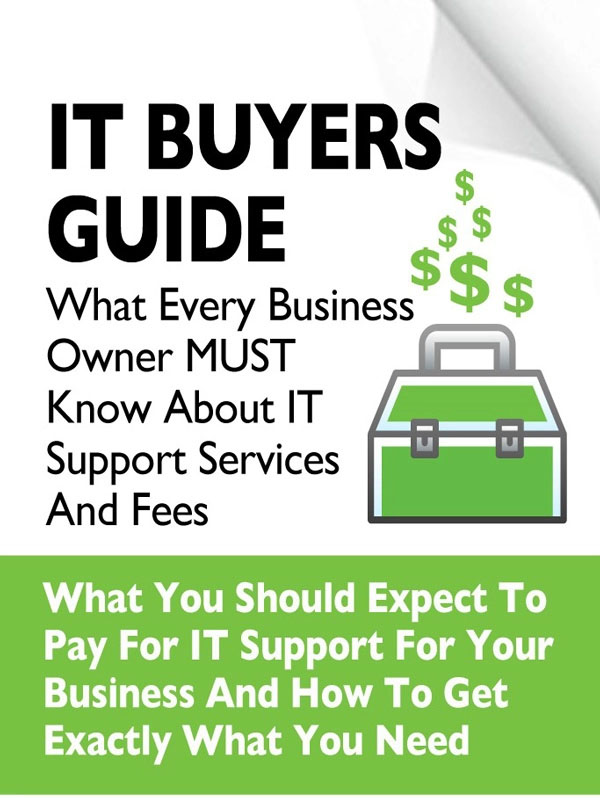In an era where digital transformation is reshaping the legal landscape, law firms are increasingly adopting cloud-based solutions to streamline operations, enhance collaboration, and improve client service. However, this shift towards cloud technologies brings new challenges in maintaining client confidentiality and data security. Law firm cloud security has become a critical concern for legal practices of all sizes, as they seek to leverage the benefits of modern legal software while upholding their ethical and legal obligations to protect sensitive information.
The Cloud Revolution in Legal Practice
The legal industry, traditionally cautious about new technologies, is experiencing a significant shift towards cloud-based solutions. Practice management software, document management systems, and communication tools hosted in the cloud are becoming standard rather than exceptional. This transition offers numerous advantages:
- Improved accessibility and flexibility
- Enhanced collaboration capabilities
- Cost-effective scalability
- Automatic updates and maintenance
- Robust disaster recovery options
However, as law firms embrace these cloud technologies, they must navigate a complex landscape of security risks, compliance requirements, and ethical considerations. Effective law firm cloud security is not just about protecting data; it's about maintaining the trust that forms the foundation of attorney-client relationships.
Key Components of Law Firm Cloud Security
1. Data Encryption and Protection
At the core of law firm cloud security is robust data encryption. This applies to data at rest (stored in the cloud) and in transit (being sent or received). Law firms should ensure that their cloud providers use industry-standard encryption protocols, such as AES-256 for data at rest and TLS 1.2 or higher for data in transit.
2. Access Control and Authentication
Implementing strict access controls is crucial for maintaining the integrity of your law firm's cloud security. This includes:
- Multi-factor authentication (MFA) for all user accounts
- Role-based access control (RBAC) to limit data access based on user roles
- Regular access audits to ensure that only authorized personnel have access to sensitive information
3. Data Residency and Sovereignty
Understanding where your data is stored is crucial, especially when dealing with international clients or cross-border cases. Your law firm cloud security strategy should account for data residency requirements, ensuring that data is stored in compliance with local laws and regulations.
4. Regular Security Audits and Penetration Testing
To maintain the strength of your law firm cloud security, regular audits and testing are essential. This includes:
- Vulnerability assessments to identify potential weaknesses
- Penetration testing to simulate real-world attack scenarios
- Compliance audits to ensure adherence to relevant regulations (e.g., GDPR, CCPA)
5. Vendor Due Diligence
When selecting cloud service providers, thorough due diligence is crucial. Evaluate potential vendors based on their:
- Security certifications (e.g., ISO 27001, SOC 2)
- Data handling and privacy policies
- Incident response procedures
- Compliance with legal industry standards
6. Employee Training and Awareness
Even the most robust law firm cloud security measures can be compromised by human error. Regular training sessions on:
- Recognizing phishing attempts
- Proper handling of sensitive data
- Password hygiene and management
- Secure use of mobile devices and remote access
are essential to maintaining a strong security posture.
Compliance Considerations in Law Firm Cloud Security
Law firms must navigate a complex web of regulations and ethical obligations when it comes to cloud security:
1. ABA Model Rules of Professional Conduct
The American Bar Association's Model Rule 1.6(c) requires lawyers to make "reasonable efforts" to prevent unauthorized access to client information. In the context of cloud computing, this means implementing appropriate law firm cloud security measures.
2. GDPR and International Data Protection
For firms handling data of EU citizens, compliance with the General Data Protection Regulation (GDPR) is crucial. This includes ensuring proper data handling, obtaining necessary consents, and being prepared for data subject access requests.
3. State Bar Ethics Opinions
Many state bar associations have issued ethics opinions on cloud computing. These often emphasize the need for lawyers to understand the technology they're using and to take reasonable precautions to protect client data.
4. Industry-Specific Regulations
Depending on your practice areas, you may need to comply with additional regulations such as HIPAA for healthcare-related data or financial regulations for firms dealing with financial institutions.
The Role of Managed Service Providers in Law Firm Cloud Security
Many law firms are turning to Managed Service Providers (MSPs) specializing in legal technology to help navigate the complexities of cloud security. These providers can offer:
- Expertise in legal-specific cloud solutions and security requirements
- 24/7 monitoring and threat detection
- Regular security updates and patch management
- Compliance support and documentation
- Disaster recovery and business continuity planning
Future Trends in Law Firm Cloud Security
As technology evolves, so too will the landscape of law firm cloud security. Some trends to watch include:
- Artificial Intelligence and Machine Learning for threat detection and response
- Zero Trust Architecture for more granular access control
- Blockchain for secure document verification and chain of custody
- Quantum-resistant encryption to prepare for future cryptographic challenges
Conclusion
In today's digital-first legal environment, robust cloud security is not just a technical necessity—it's a fundamental aspect of providing competent legal representation. By understanding the key components of cloud security, staying abreast of compliance requirements, and leveraging expert support when needed, law firms can confidently embrace cloud technologies while maintaining the highest standards of client confidentiality and data protection.
As the legal industry continues to evolve, those firms that prioritize and excel in law firm cloud security will not only protect their clients and reputation but will also gain a significant competitive advantage in an increasingly digital legal marketplace.




You must be logged in to post a comment.